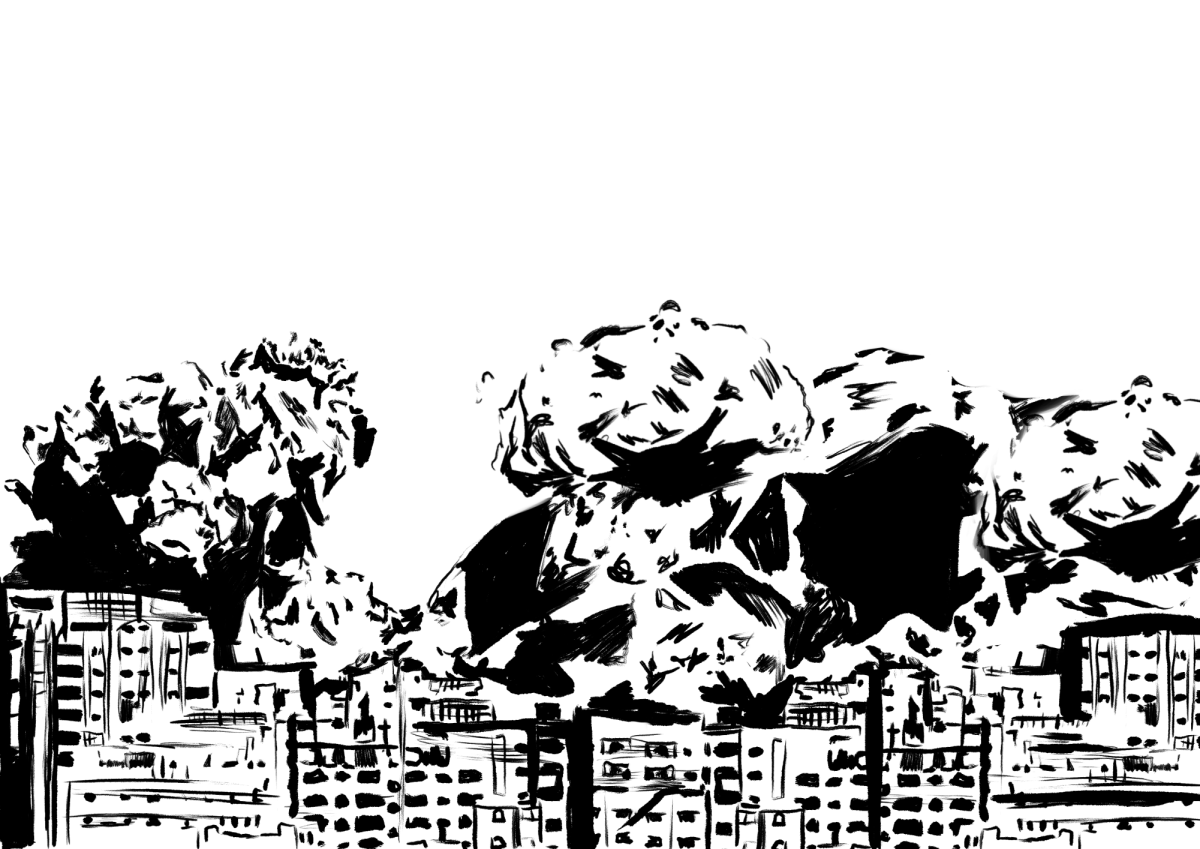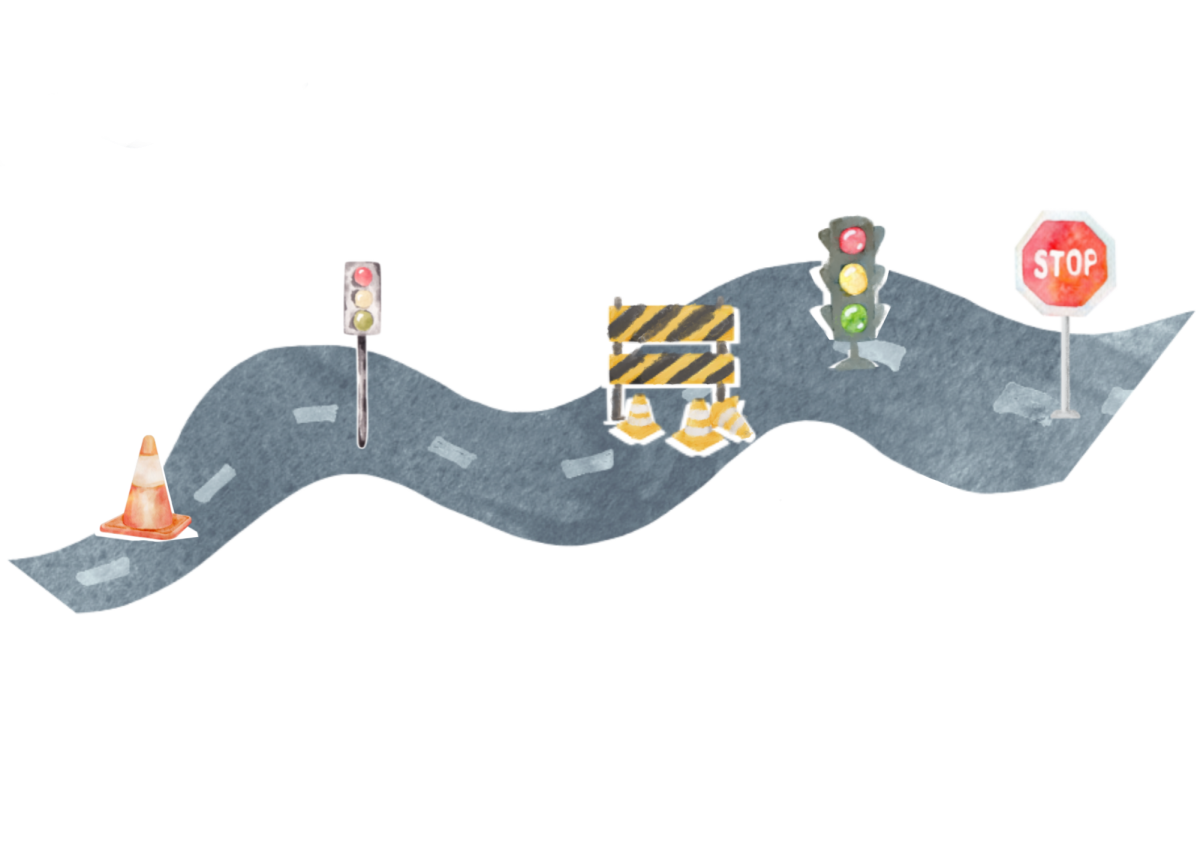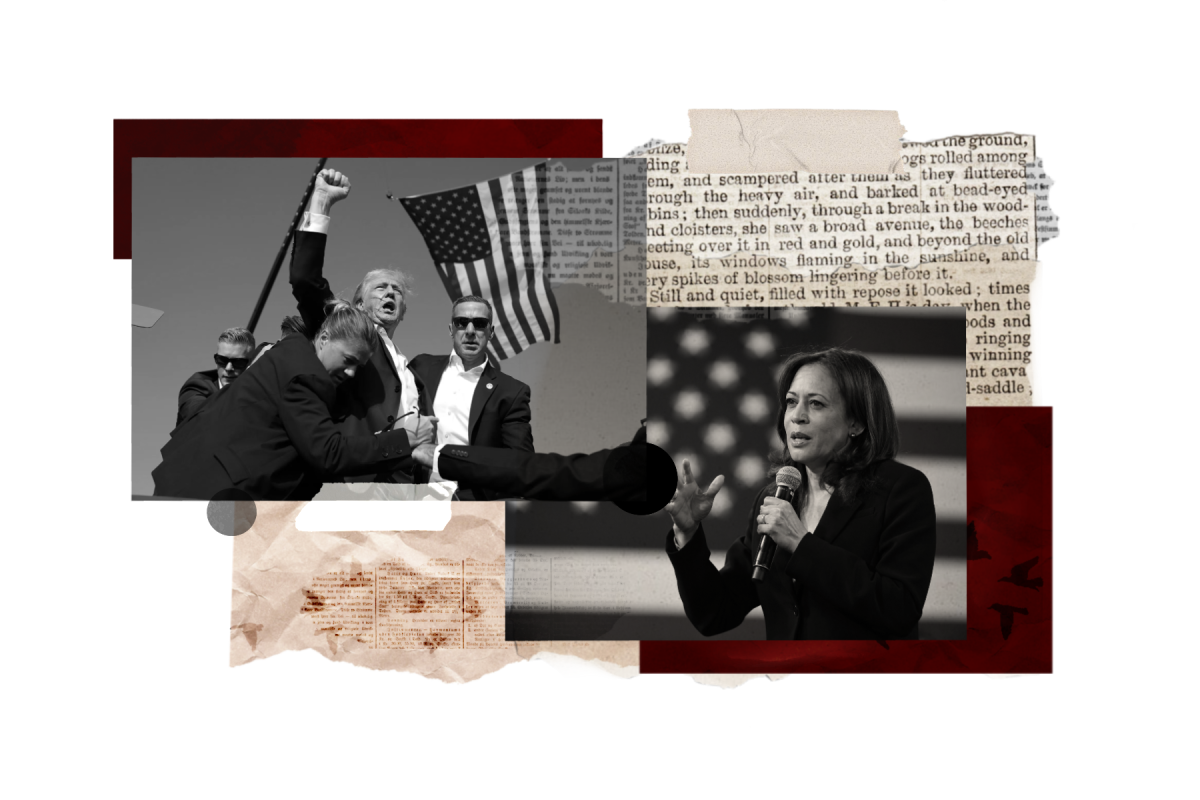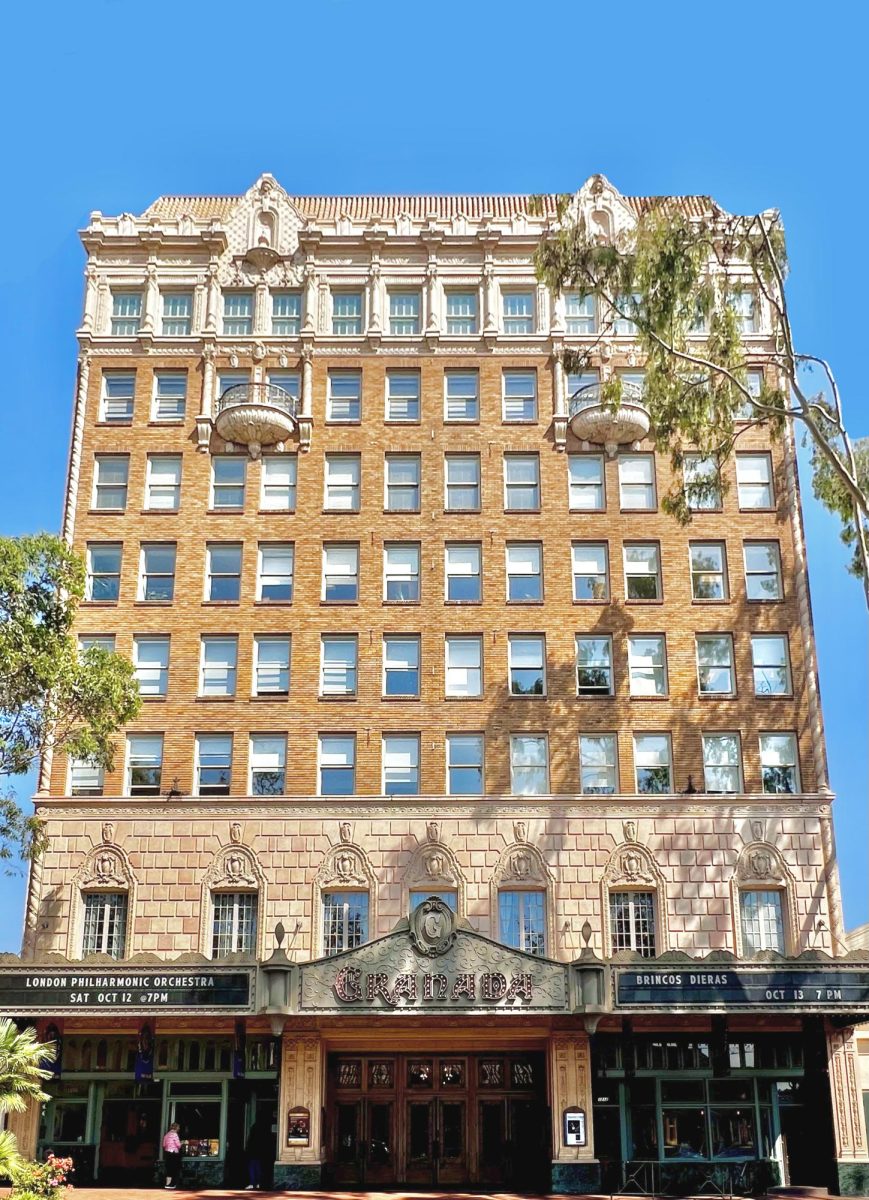Hong Kong Chaos
In recent months, the city of Hong Kong has been engulfed in violent protests over the nature of its relationship with mainland China. So far, they aren’t showing many signs of stopping.

November 26, 2019
One of the world’s most powerful economies is currently being thrown into chaos. Since early June, the dependent territory of Hong Kong has been engulfed in mass protests against the government of China that have spanned across the city.
The area acts as a major business center for both the nation and the world, making it an invaluable asset to Chinese economic interests.
Knowing this, it is understandable that China is desperate to reinstate order amongst one of its most powerful cities, leading law enforcement to take drastic measures in order to quell rioters.
Since its transfer from British to Chinese ownership in 1997, Hong Kong has existed under the “one country, two systems” rule, meaning that despite its lack of independence on the world stage, the area does still retain some level of self-governance apart from the rest of China.
However, recently, the Hong Kong legislature attempted to pass what is known as an extradition bill, which would allow the government of Hong Kong to send wanted criminals to mainland China for persecution rather than being tried in the territory itself.
This sparked outrage throughout the people of Hong Kong, who view such a policy as an infringement on the relative freedom granted to them by Beijing.
Tensions between the two areas of China run high for more than simply political reasons, however. Junior Lucas Chen points out, “One of the reasons why the protest happens, or more generally, why some Hong Kong citizens are upset, is that maintaining a good living standard in Hong Kong is unimaginably costly and hard due to high price.”
The nature of Hong Kong’s intense economic scene means that living there is incredibly expensive, and this leads to more dissatisfaction amongst the residents of the area.
“During the last two decades, the number of non-native elites has been increasing. Being strong competitors, these people undoubtedly make average native Hong Kong citizens’ life even harder, and the high unemployment rate of 7.9 percent among people between 25-35 years old, contrasted with 3.7 percent in the U.S., is a direct indicator of the level of intensity of competition,” Lucas said.
Angry citizens have taken to the streets to demonstrate their anger at the Chinese government in protests that have stretched throughout the summer and into the present day.
On the recent Chinese national day*, the protests reached a fever pitch in intensity, resulting in the first live rounds being fired at a protester.
In a phone recording of the attack, a “peace keeper” is seen on the ground, followed soon after by a swarm of protesters with bats. In an attempt to come to his aid, a few officers came out from the building behind, and when it was clear that the protestors would not leave, the officers pulled out guns.
One officer used his revolver to fire a live round into the shoulder of the protestor nearest to him, dispersing the crowd.
“I think China’s use of force in the protests is unacceptable in that force is required if the protests turn into a riot or become violent. However, the difference here in the Hong Kong protests is the Chinese government seems to be initiating the violence. They seem to have a want to crack down on the protests,” senior Peter Smith said.
These incidents reveal how dangerous the riots are becoming, and how the tensions between citizens and authority in the region are quickly worsening.
International response to the protests has been rather minimal in terms of direct confrontation. Generally speaking, U.S. lawmakers have come out in support of the pro-democracy protests, although no official action has been taken to support them directly.
Despite this, some demonstrators have been seen with signs calling for direct U.S. intervention, urging the president to “save” Hong Kong.
On the topic of U.S. intervention, senior Pisci Abrego said, “I believe that it is important for the U.S. and foreign powers to be aware and concerned about the crisis. With that said, I believe foreign powers like the U.S., should act as an ally for protesters and provide refuge because having that escape would be appreciated.”
Some have called for the U.K. to intervene, stating the successful transfer of Macau, the Portuguese sister city to Hong Kong, over to Chinese hands in 1999, as a prime example of how to handle the current situation.
On Hong Kong’s colonial past, “It is already a fact that Hong Kong is now part of China, but I don’t really know if the history of the British colonization can really have a say in the situation because it’s been two decades. It’s already been established that Hong Kong is part of China, even though it’s a little bit separate.”
For the time being, it seems as though the U.S. and the U.K. will not intervene in Chinese affairs, as doing so risks raising tensions between the two superpowers at a time when the trade war is already causing strife.
As a result of this constant chaos in one of its major business centers, China’s economy has taken a fairly severe hit in recent reports.
Third quarter reports show the weakest expansion China has seen in 30 years, which, considering the role it plays in the global market, has serious implications worldwide.
China currently acts as a production hub for the rest of the world thanks to its immense manufacturing capabilities and generally low costs, meaning that if its economy fails or slows too heavily, it will drive down major companies from nations across the globe due to the central role it plays in the production of their products.
Companies such as Apple, Adidas, and Best Buy rely on China for at least some of their production needs, showing just how devastating a Chinese collapse could be for the world economy.
There are several possible causes for the slowdown, including the ongoing trade war with the U.S. that has been an issue for Chinese trade for several years.
However, the instability in Hong Kong has only furthered this downward trend, and has implications that stretch far beyond the borders of China.
For the time being, the protests continue to ravage the streets of Hong Kong, and despite the best efforts of police, show very few signs of stopping. Only time will tell as to when the city can return to normal business.


































